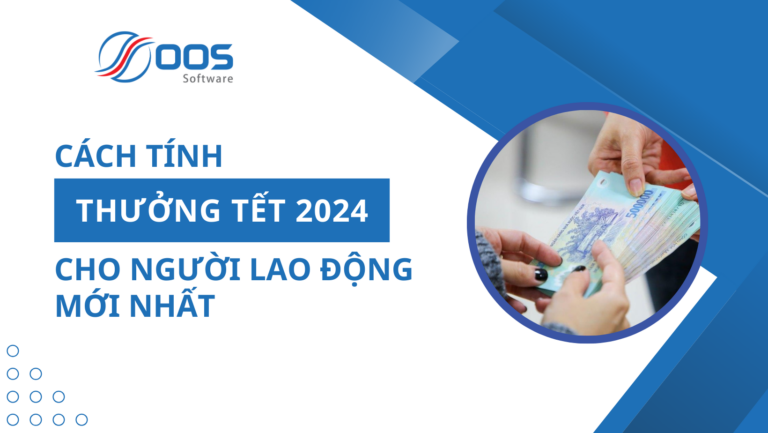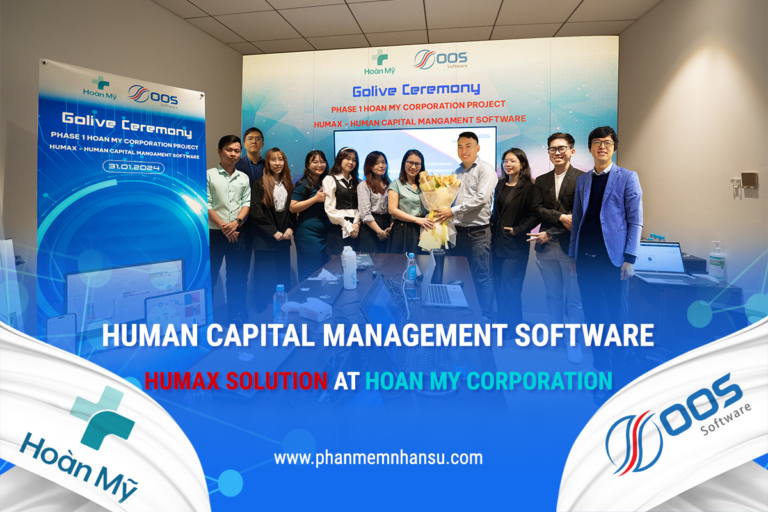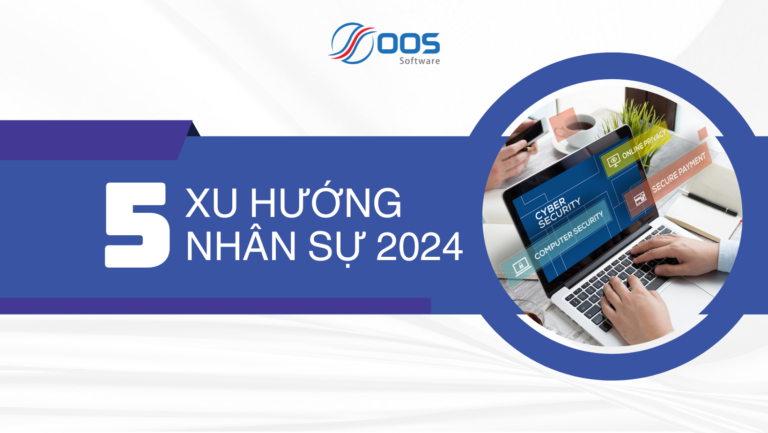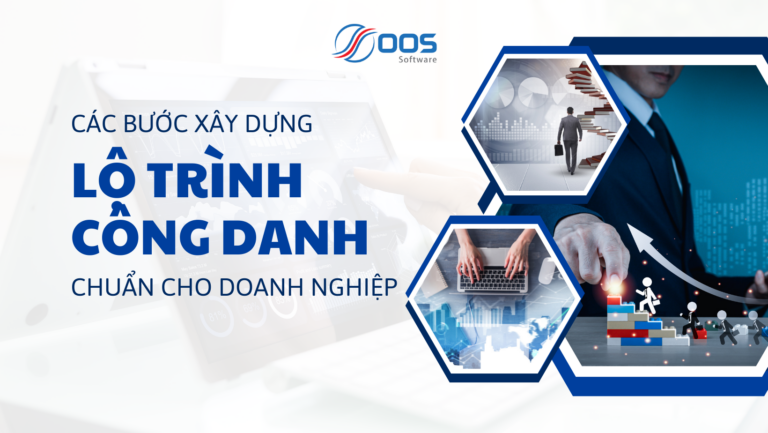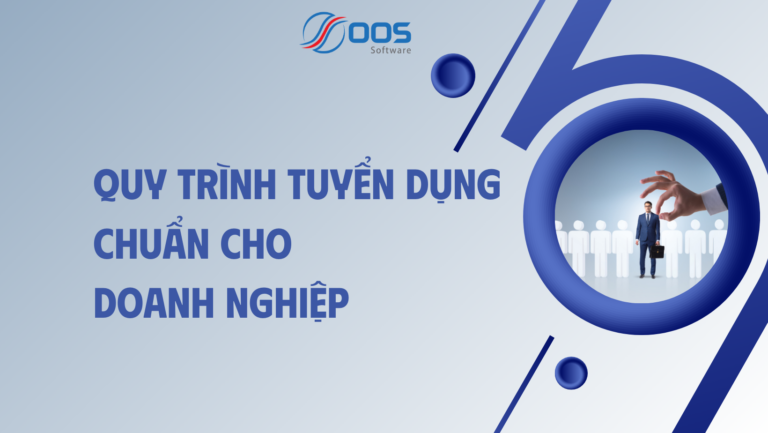In 2018, Grab acquired Uber, marking a revolution in ride-hailing technology, gradually replacing traditional motorbike taxis.
2018 – 2021: we have a strong development of e-wallets: Momo, ZaloPay, ViettelPay, AirPay, Moca and now ShopeePay.
2020 – 2021: The Covid epidemic caused nearly 100,000 small and medium enterprises in Vietnam to go bankrupt and announced to stop operating. E-commerce platforms grow stronger than ever.
On January 5, 2021, Deputy Minister Ministry of Planning and Investment Tran Quoc Phuong said: Digital transformation is a prerequisite to create momentum for growth in the coming period. If the digital transformation is not timely, it may lead to the risk of a lagging economy.
Analysts say that digital transformation is an irreversible trend, if left out, businesses will sooner or later fail.
What is digital transformation?
Digital Transformation was born and gained popularity in recent times. Simply put, digital transformation describes the application of digital technology (Digitalize) to all aspects and activities of life.
Participating in the digital environment means that each person will have both an identity in the real world and in the virtual world. Each person lives in two worlds at the same time, the real world and the digital world, co-existing and influencing each other, thereby changing the way we live, communicate and work.
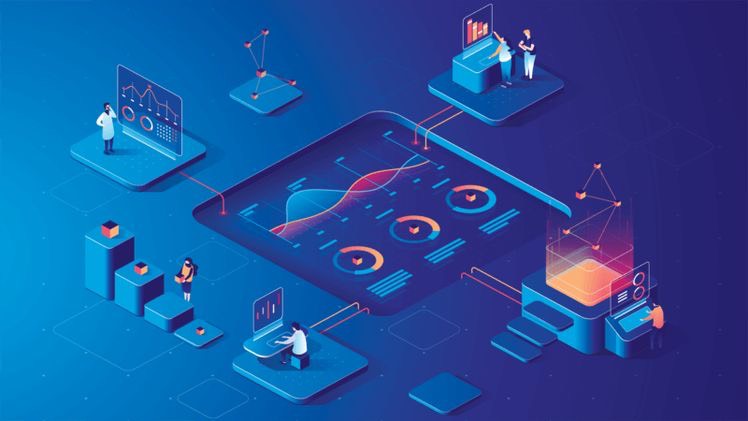
Only for organizations and businesses?
For organizations and businesses, digital transformation is the process of changing from a traditional model to a digital business by applying new technologies such as big data (Big Data), Internet of Things (IoT), cloud computing, and so on. cloud (Cloud)… changing operating methods, leadership, working processes, and company culture.
To put it simply, digital transformation is the application of technology in business management and operation. This brings many benefits such as reducing manual operations to improve labor efficiency, cutting operating costs, building a professional and modern corporate culture. Thereby, the organization's competitiveness is enhanced, management thinking and operation changed, helping to build the core value of the business: focusing on people.
When distance is a touch
In an era when people are surrounded by technology and artificial intelligence, applying digital technology to business processes is just a touch away. Open the phone, check-in by wifi address and based on the navigation system, personnel can time attendance anywhere. With one click, remote management can quickly approve documents. Electronic signatures and contracts establish professional cooperation and store information easily and securely.
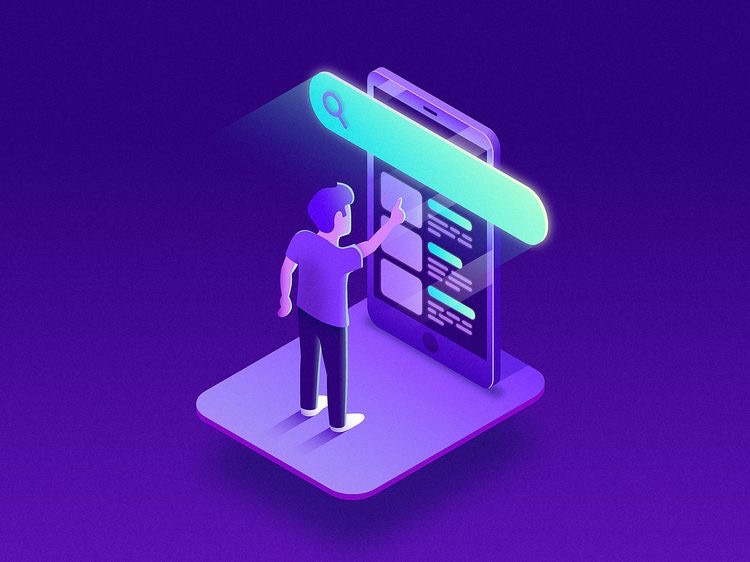
From thought to action
Digital transformation is no longer an option but a trend, something that will happen sooner or later. Enterprises are now aware of the importance of digital transformation and embarked on this processGradually apply management software to different functions such as DMS, KPI software, human resource management software, besides accounting software which is already popular in most businesses.
However, digital transformation is not simply a technological transformation. It is also the process used to create and modify existing business processes, culture, and customer experiences. From there, respond to business requirements and market changes. Many businesses with digital transformation projects "put the mat there", even though they have invested both material and human resources.
So why is that? Can any business go digital? And how to convert accordingly?
(continue…)






